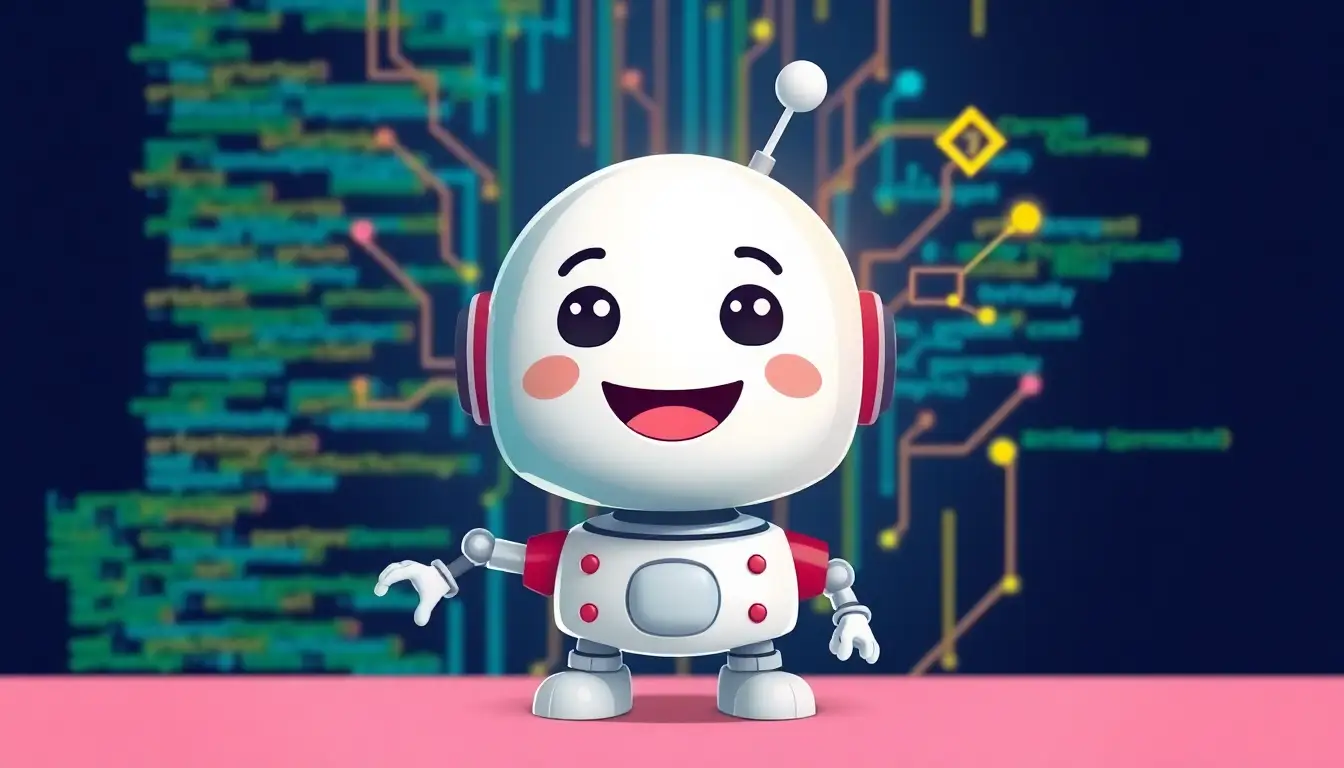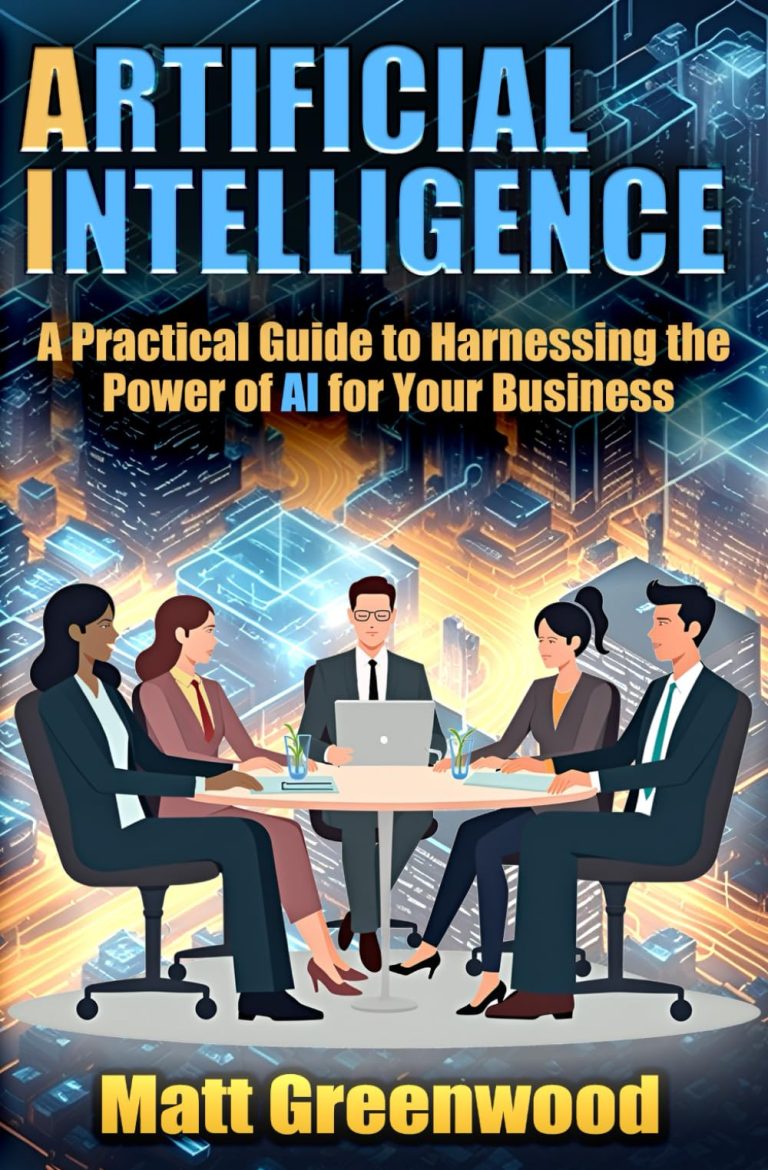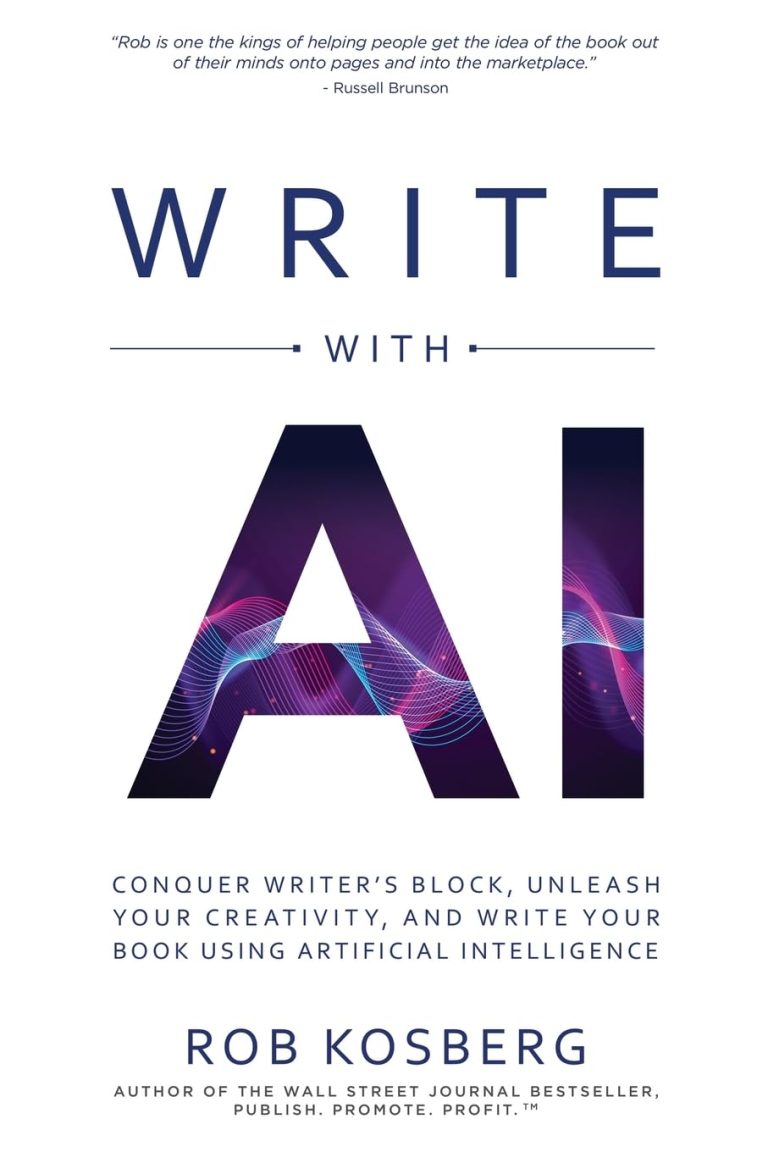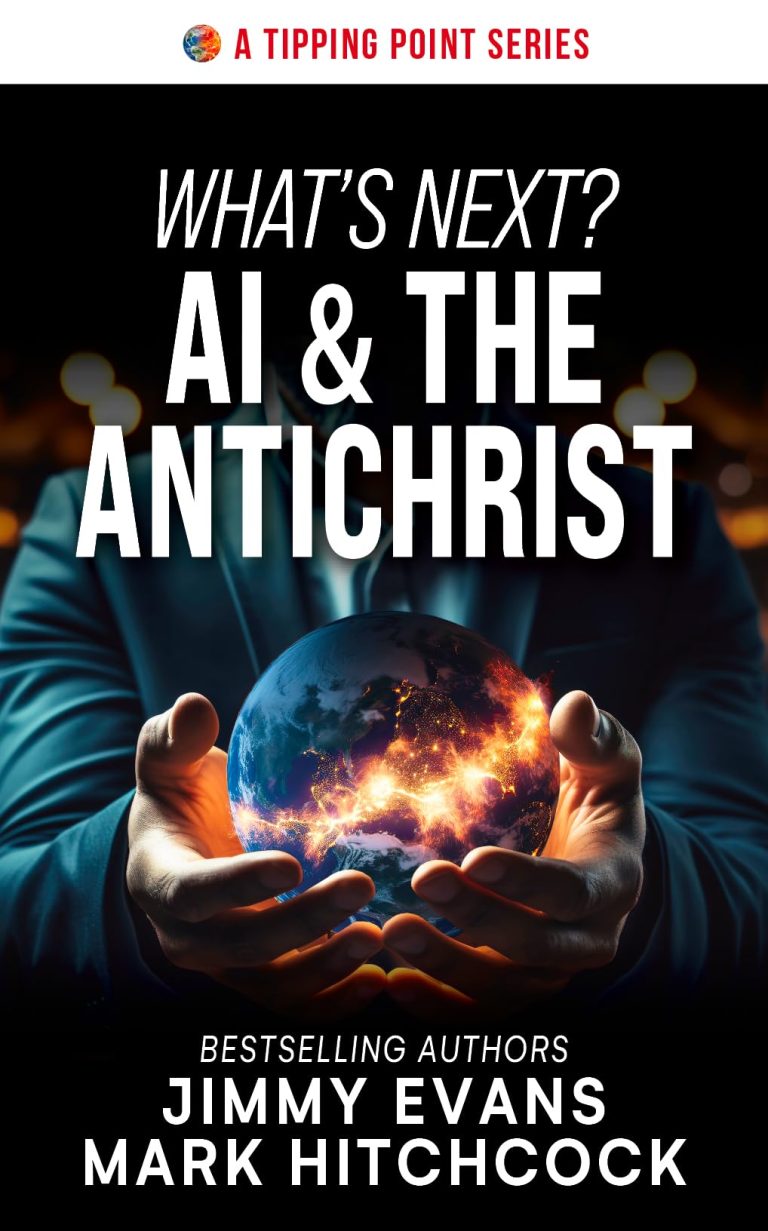
Now loading...
Collins Dictionary has named “vibe coding” as its Word of the Year for 2025, highlighting a casual yet profound change in how people interact with technology. Popularized by AI expert Andrej Karpathy, the phrase describes using natural language prompts to guide artificial intelligence in generating computer code, sidestepping the need for meticulous manual programming. It is an intuitive approach to development that prioritizes intent over intricate syntax, sparking discussions among technologists about whether this method accelerates innovation or invites sloppy results. The term’s rise underscores a larger trend: AI is seeping into daily routines, making advanced tools accessible to non-experts and reshaping creative and professional workflows.
The shortlist for this year’s honor similarly mirrors a world increasingly shaped by digital influences, while exposing struggles with genuine self-expression amid constant online performance. “Aura farming” made the cut, referring to the strategic nurturing of a magnetic, seemingly spontaneous personal brand. This concept gained traction following a widely shared clip of an Indonesian teenager displaying poised charisma during a traditional boat race dance, embodying the modern irony of effortless cool this is anything but natural—especially among younger generations navigating social media’s glare.
In the workplace, where remote setups have given way to enforced office returns, “taskmasking” captures the subtle act of simulating busyness through unrelated emails, redundant calendar invites, or frantic keyboard tapping on non-essential files. Echoing the earlier “quiet quitting” movement, it represents a low-key pushback against policies that prioritize physical attendance over meaningful work, reflecting widespread frustration in hybrid environments.
Political discourse has also borrowed from tech culture with “broligarchy,” a portmanteau skewering the dominant role of affluent male tech moguls in shaping national agendas. High-profile appearances by figures such as Elon Musk, Jeff Bezos, and Mark Zuckerberg at recent U.S. presidential events have fueled the term’s popularity, evoking concerns over how a handful of Silicon Valley elites blend vast fortunes, innovation, and policy influence to steer democratic processes.
Beyond boardrooms and ballots, personal wellness trends are evolving through “biohacking,” where individuals tweak their biology via techniques like cold therapy or gene-tailored nutrition to boost vitality and extend lifespan. This pursuit of superior operation has surged in popularity, often intersecting with financial realities for “HENRYs”—high earners not yet rich—who command solid salaries but grapple with mounting debts, soaring expenses, and aspirational lifestyles that thwart true financial security.
To counter the exhaustion of relentless career demands, “micro-retirements” offer brief sabbaticals from jobs for travel, hobbies, or simple rejuvenation, challenging the traditional wait-for-retirement model. This practice, particularly appealing to millennials and Gen Z, signals a cultural pivot toward work-life integration before burnout sets in, though even well-paid professionals may find traditional retirement elusive due to economic pressures.
Vacation habits are adapting to environmental shifts, too, with “coolcations” drawing travelers to temperate locales like Norway, Iceland, or Scotland. As extreme heat renders classic beach spots less viable, climate impacts are prompting a rethink of leisure, favoring cooler escapes over sun-soaked getaways.
In social exchanges, “glaze” serves as a warning against over-the-top compliments that smack of insincerity, with Gen Z slang like “stop glazing” demanding honesty in a landscape rife with curated admiration. It is a call for substance over superficial hype in interactions both virtual and real.
Finally, “clanker” emerges as a pejorative for AI systems, robots, and gadgets, drawing from early 2000s Star Wars lore and now symbolizing generational wariness as automation encroaches on jobs in writing, design, and beyond. The word mixes humor with anxiety, providing a linguistic outlet for those feeling displaced by machine efficiency.
Collectively, these selections reveal 2025’s paradoxes: enthusiasm for AI-driven ease clashes with fears of overreach, quests for realness battle curated facades, and drives for self-improvement confront systemic burnout. As technology permeates more aspects of life, Collins’ list distills the complexities of navigating humanity in an algorithm-fueled era.


